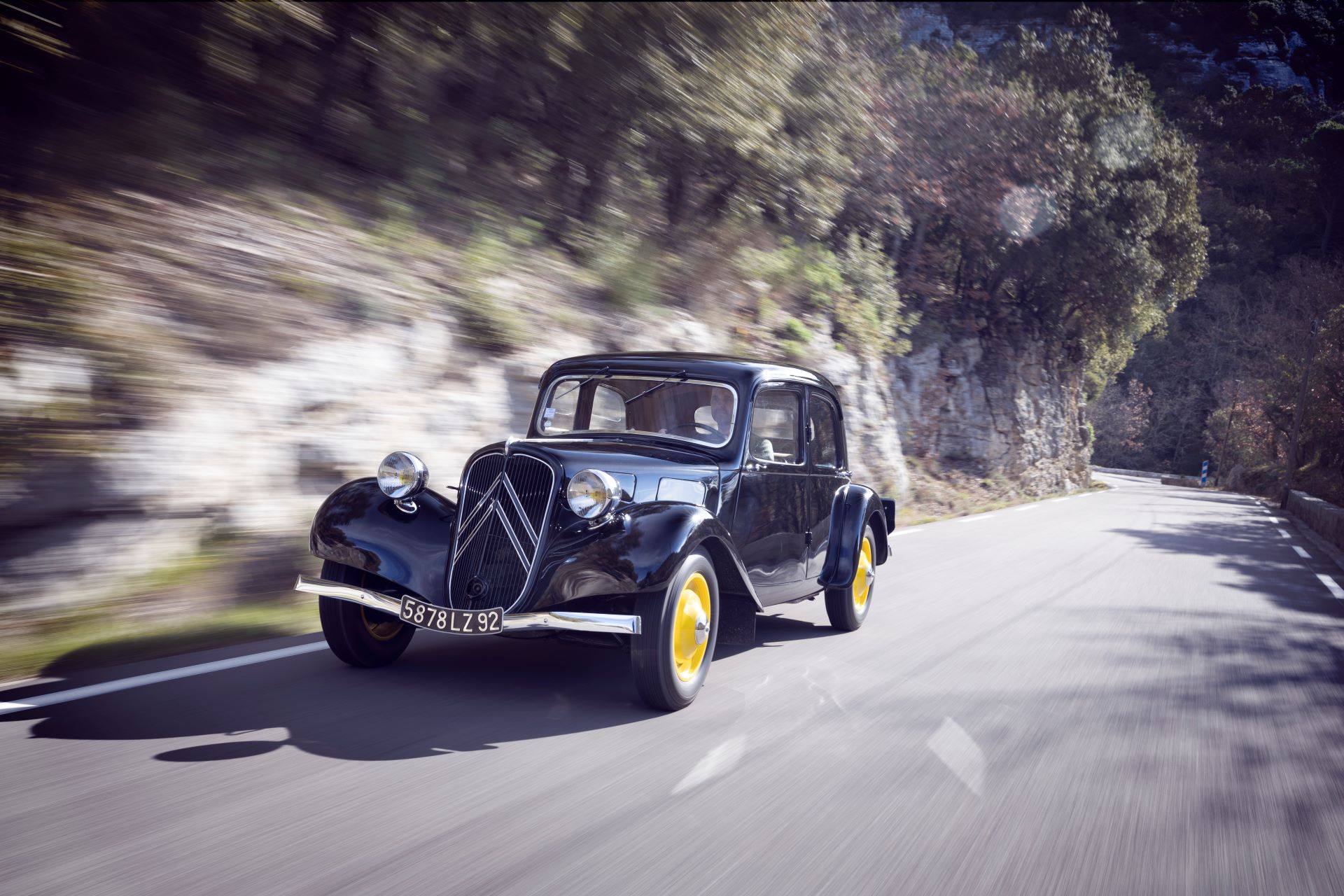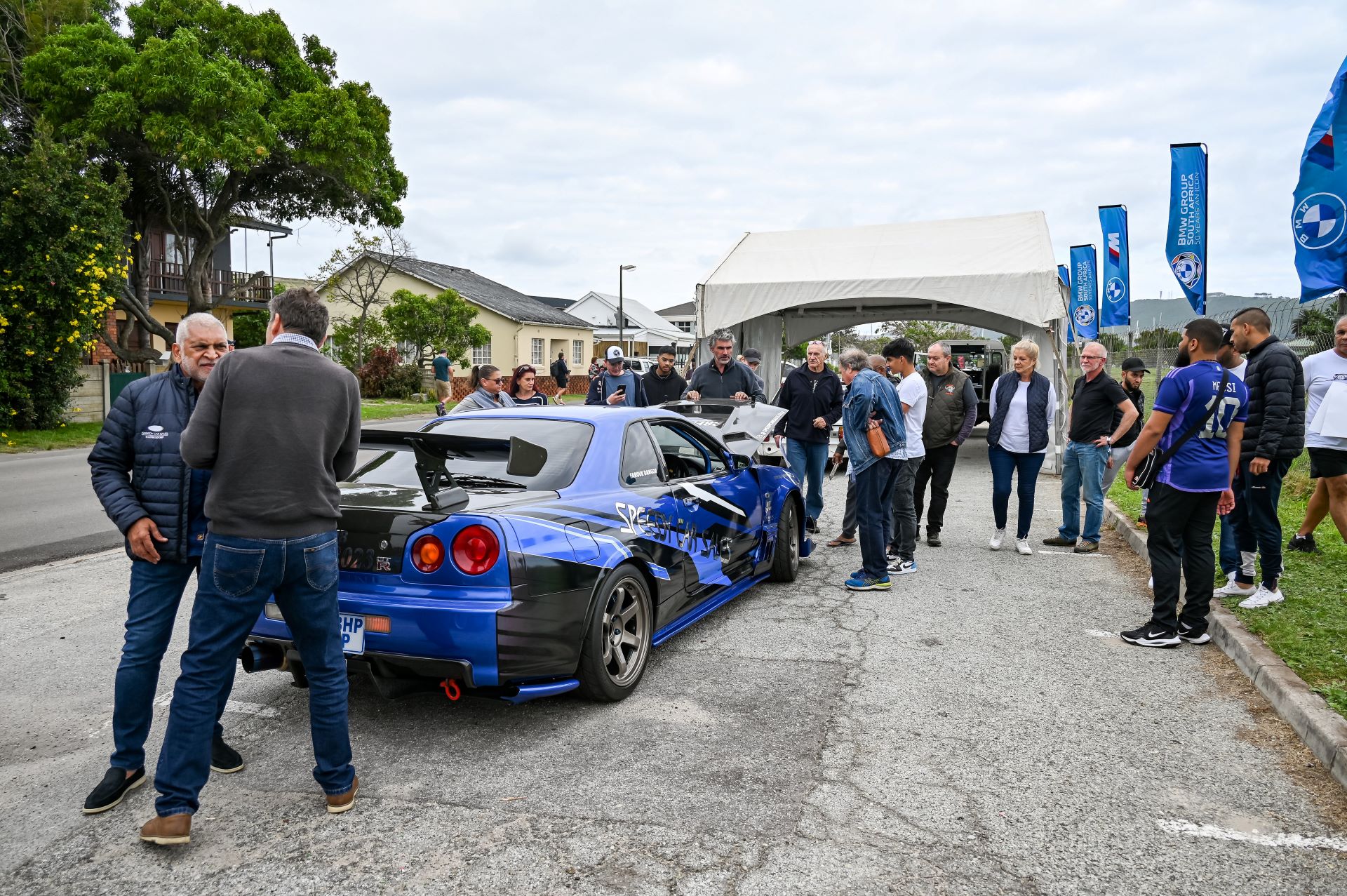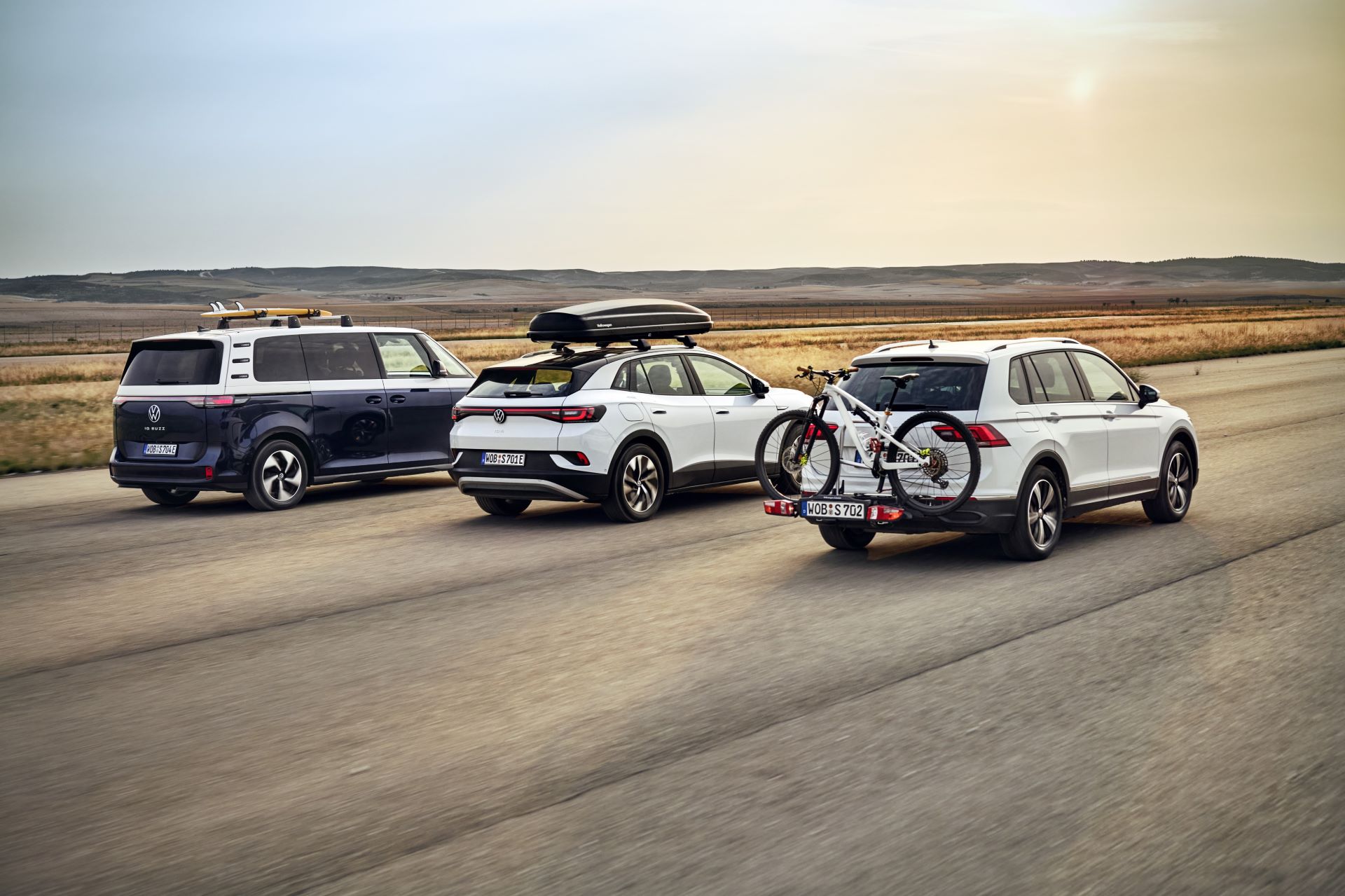Can visitors to the Johannesburg International Motor Show expect an invasion of electric cars? If industry sentiment is anything to go by then visitors should not hold their breath.
Government’s desire to create an electric vehicle (EV) manufacturing industry in SA is so far failing to create excitement among motor companies.

Trade and industry minister Rob Davies this year launched an Electric Vehicle Industry Roadmap, to pave the way for assembly of vehicles in SA. The plan is for a consultative process to find out what needs to be done and how feasible it is. According to the timetable, the map will be presented to parliament in September.
Davies, however, already seems clear on what he wants. He proposes that in return for building at least 5000 (five thousand) vehicles annually, investors will get back 35% of their investment over three years.
That’s slightly more generous that the maximum 30% offered by the 2013-2020 Automotive Production and Development Programme (APDP) to companies building a minimum 50 000 (fifth thousand) ordinary vehicles. He proposes that the EV plan be incorporated within the APDP.
SA is 13th on the list of the world’s worst emitters of carbon monoxide (CO2) and Davies says there is an “overwhelming” case for the transport industry to reduce its carbon footprint.
No one denies that but whether a homegrown EV industry is the answer, is open to question. SA has already tried and failed once. Despite support from government’s Industrial Development Corp (IDC) and Technology Innovation Agency (TIA), the Joule electric car project was abandoned last year after the backers decided it was not economically feasible.
BMW SA MD Bodo Donauer spoke for many when he described Joule as “over-ambitious”. He said at the time: “Entering the electric market is challenging even for big companies. When I see how difficult this has been for BMW with all its resources, it’s hard for me to believe a company can say it will build an electric car in a short time and on a limited budget.”
So what has changed since then? On the surface, very little. Davies is right when he says SA consumers need to be more environmentally conscious in their modes of travel. But will they choose an electric car?
He admits they have not warmed to EVs so far. Joule project CEO Kobus Meiring expected to sell only 10% of production in SA. Even government seems undecided. The minister says it will merely “consider purchasing” any built in SA.
However, it’s not just about persuading buyers of the benefits of EV travel. They also have to be convinced they will reach their destination. Recharging infrastructure needs can be extensive and expensive. Government says Gauteng — likely to be the guinea-pig for EVs in SA — will eventually have 50 charging points around the province.
Contrast that with the European Union which is demanding the installation of 795 000 charging points across member states by 2020. In the UK, the government is reported to be subsidising up to 75% of the cost of domestic charging points.
General Motors SA operations vice-president Ian Nicholls says his company won’t bring in EVs without proper infrastructure or consumer buying incentives. As for building them: “Electric vehicle technology is still in its infancy in the global market. It is unlikely that large-scale assembly will take place in SA.”
BMW and Mercedes-Benz, both active in EV development, won’t be doing anything in the near future. Donauer says that having invested more in its i3 electric car assembly plant in Leipzig than the whole SA motor industry spends in a year, BMW Germany doesn’t need more capacity here.
Even Nissan, whose Leaf electric car has been undergoing fleet tests in SA, has no grand EV plans for here, says local MD Mike Whitfield.
In his original announcement, Davies emphasised that the roadmap “stretches over a long-term trajectory”. Judging by short-term reaction, it will need to.
The good news is that visitors can expect a minimum of 27 new vehicles to be launched at the Johannesburg International Motor Show. Wednesday 16 and Thursday 17 October are media and industry preview days whereafter the show opens to the public on Friday 18 October 2013.



